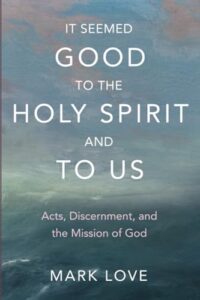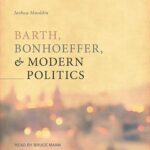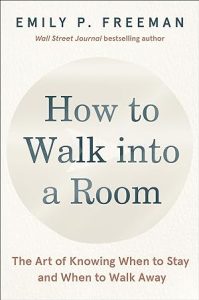 Summary: A books about discernment.
Summary: A books about discernment.
Anyone who is a regular reader of my book reviews probably knows that I have been on a long-term reading project about discernment. I listened to an interview with Emily Freeman on the Gravity Commons podcast, and then a couple of days later, Audible had a sale on How to Walk Into a Room, and I picked it up.
One of my convictions about discernment (you can read my most recent summary of what I think about discernment here), is that while discernment includes decision-making, I am more interested in formational discernment, how we are formed toward Christ so that we both intuitively follow Christ’s lead as well as how we consciously make decisions. I think both parts are important, but How to Walk Into a Room is mostly about the consciously deciding aspect of discernment.
Over the past decade there has been a near constant discussion about the rise of the ‘Nones”, those who no longer identify as part of a specific religious community. Those nones are not necessarily leaving Christian faith, but they are leaving a religious community for one reason or another. One of the findings of the research study that was detailed in The Great Dechurching, is that most people stop going to church when they move. It is less an intentional withdrawal from church than a lack of motivation to find a new church. Another large group of people stopped going to church during Covid and never found their way back. But Freeman is talking about a third group of people, those who are intentionally trying to discern whether to continue in a church or leave because of specific reasons. Those reasons can be different, spiritual harm or abuse, differences in theology or practices, personality conflicts, etc., but there is conscious intention to ask God if they should continue or leave. In many cases, these people are not leaving faith, they are leaving a specific community and intend to go to a new faith community.
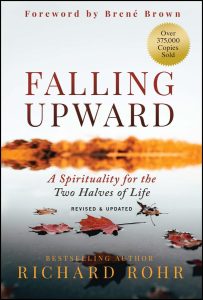
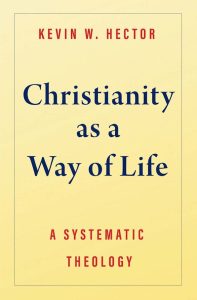
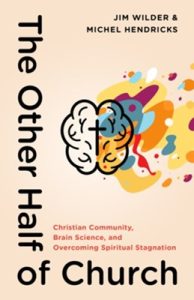
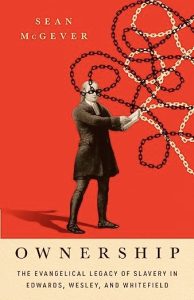
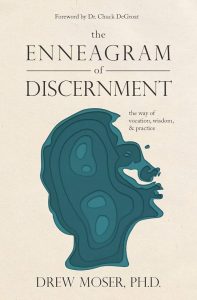
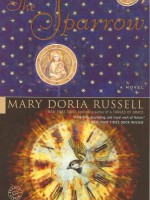 Summary: A group mostly made up of Jesuits discovers that another world with intelligent creatures exists and secretly decides to visit it; tragedy ensues.
Summary: A group mostly made up of Jesuits discovers that another world with intelligent creatures exists and secretly decides to visit it; tragedy ensues.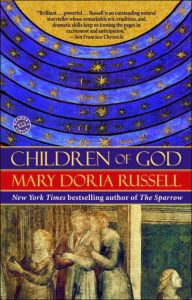 Summary: The second half of the story of The Sparrow.
Summary: The second half of the story of The Sparrow.